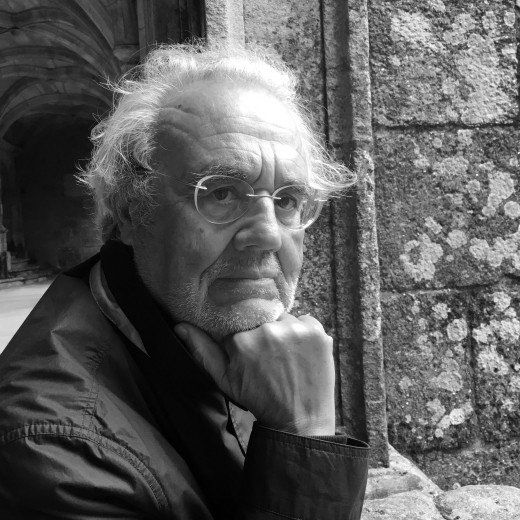Life and Wonders
Original title: Vida y maravillas
The memoirs of one of Spain’s most renowned directors and writers.
A boy must spend a long time bedridden due to a spot on his lung, a warning sign of tu- berculosis. His caring family tells him stories and gives him books. The boy imagines, fanta- sises, and submerges himself in fiction. Over time, he becomes a storyteller: the filmmaker and notable writer is born. The cellebrated director recounts his childhood in Cantabria during the war and post-war, moving to Madrid, political activism, Film School, and shooting his first film, Habla, mudita, in the icy Picos de Europa. There are also portraits of his film professors and friends: Berlanga, Bardem, José Luis Borau and the collaboration on Furtivos; Jaime Camino, Vicente Aranda, Juan Marsé; Adolfo Marsillach, Eduardo Haro Tecglen.
The memoirs of one of Spain’s most renowned directors and writers.
A boy must spend a long time bedridden due to a spot on his lung, a warning sign of tu- berculosis. His caring family tells him stories and gives him books. The boy imagines, fanta- sises, and submerges himself in fiction. Over time, he becomes a storyteller: the filmmaker and notable writer is born. The cellebrated director recounts his childhood in Cantabria during the war and post-war, moving to Madrid, political activism, Film School, and shooting his first film, Habla, mudita, in the icy Picos de Europa. There are also portraits of his film professors and friends: Berlanga, Bardem, José Luis Borau and the collaboration on Furtivos; Jaime Camino, Vicente Aranda, Juan Marsé; Adolfo Marsillach, Eduardo Haro Tecglen.
